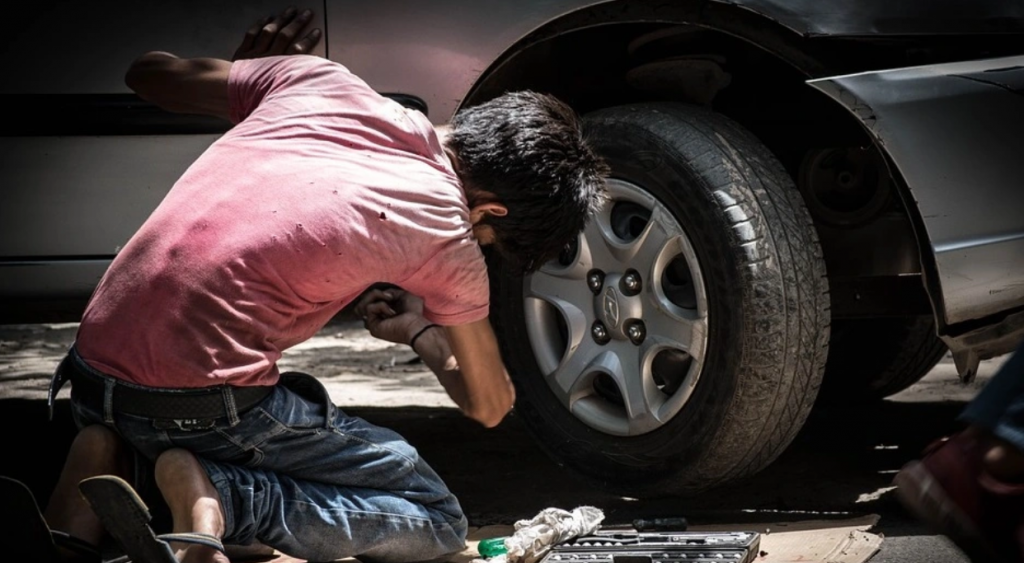
Child labour is an international concern that not only spoils the future of those kids but brings them to the door of adversity and despair. A child at his tender age should be endowed with love, care and a fortuity to learn. Instead of training these young minds to fill their pockets, they should be allowed to shape their naïve minds with the tool of education. India has been a centre of child labour for decades. The world has been facing the problem of child labour for centuries and after the era of industrialization, there was a rapid increase in the exploitation of child rights.
Indian law accommodates multi-fold principles for curing this poison of society. Despite innumerable legislations and mandates, child labour still seems like an exuberant. One in every eleven children in India is working, and the concentrated states in India for child labour are Madhya Pradesh, Maharashtra, Rajasthan, Bihar and Uttar Pradesh. 80% of working children are mainly based in rural areas and three out of four are working in the field of agriculture.
Reasons for this forced work is not just the greed of parents to earn money for their children. There are sour realities behind, which compel small kids to leave their priceless childhood for the sake of earning a few meals for themselves and their families. Most children suffer from this anguish due to family indebtedness or lack of livelihood options or poverty. The increased sympathy towards child workers tends to accelerate the pace of child trafficking for trafficked work. Children are easy prey to this copious because the payment made to a child is much lower than the payment made to an adult for the same work.
Child labour is not consistent and steady. It changes with the change in society. Due to rapid changes in legislation and the growth of laws, child labour has become more of a hidden crime. Children are more often found working in households rather than working in factories and industries. There is no documentation or registration done for these kids as workers of any industry due to the presence of strict laws. But child labour in an unregistered format does not put an end to it.
There is not just one legislation, there are dozens of laws which keep an eye on child labour in India. The related and relevant legislations are; the Child Labour (Prohibition and Regulation) Act, the National Policy on Child Labour; the Juvenile Justice Act; The Right to Education, etc. UNICEF has been working for a long time against child labour by spreading the message and strengthening child protection systems.
Child labour in India has become more gender-specific, girls are more into domestic work while boys are more seen to be employed in factories and as wage labour. The working hour and the workload duration increases as children grow older. Child labour is facing a huge problem due to its complexity and the unawareness of people. Children in India are often found as rag pickers, newspaper hawkers, selling gloomy stuff at the roadside and on signals, working as a helper in restaurants and food corners; for which they are paid a meagre sum of money.
It isn’t always the fact that those children choose to work or they are forced into it and they imperiously do it. Kids at this delicate age do not realize the importance of education and knowledge. They should be dispensed with just and a decent avenue towards education. Adults and child’s caregivers should understand that those little hands are not meant to work, those tiny eyes are full of dreams and imagination, and they get paid at the cost of their future and the tears they shed. Kids are not driven to this adversity because of fate and poverty, unawareness is the reason for it.
Talking to a cleaner Awanti, who lives in the slums near Gwalior City Centre, her 9-year daughter Riddhi accompanies her to her workplace. She says her son goes to school, which is why she cannot afford to send her daughter to school. The lack of understanding about family planning and unawareness about the impact of lack of education leads to this situation. Unknowingly, Awanti is pushing her daughter into the zone of education.
Curtailing child labour is not just the duty of government but is a moral responsibility of every citizen of this country and of the globe. Awareness and knowledge are the only keys which can stop this evil from expanding its vicinity, laws and regulations are needed when morality is harmed. If the masses understand the need to protect a child’s tomorrow then the prerequisite of laws is not needed.

